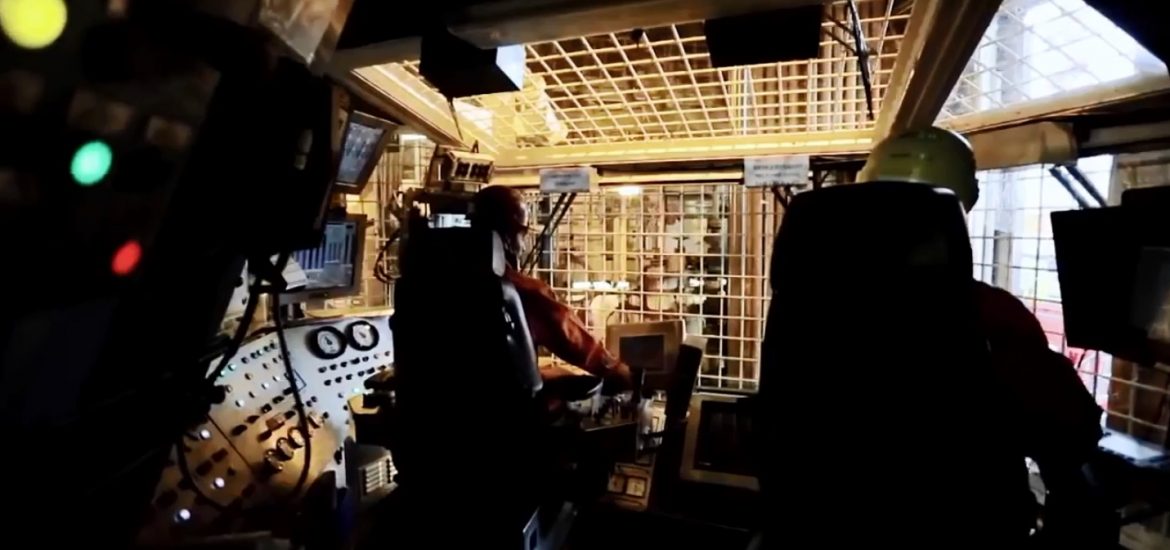
Russia’s economic minister, Maxim Oreshkin, says Moscow is considering using alternatives to the US dollar for energy transactions and exports to reduce US exposure.
Last month Russia’s largest oil company, Rosneft, set the euro as its default currency for all new exports of crude oil and refined products.
“Rosneft has recently adjusted all the new contracts for export supplies to euros,” an oil trader told Reuters.
Now Moscow looks set to extend its de-dollarisation.
“We have a very good currency, it’s stable. Why not use it for global transactions?” Oreshkin told the Financial Times.
“We want [transactions] in roubles at some point,” the minister. “The question here is not to have any excessive costs from doing it that way, but if the broad … financial infrastructure is created, if the initial costs are very low, then why not?”
The Kremlin’s move to ditch the dollar is a trend that will continue given the rapid improvement in infrastructure for transactions in alternative currencies.
Oreshkin said Russia would be able to sell its energy exports in roubles given the popularity of the country’s domestic bonds among foreign investors, who own 29 per cent of its rouble debt.
The Kremlin has moved to reduce its exposure to the US economy through its de-dollarisation policy to offset the impact of Washington’s sanctions.
The comments echo the conspiracy theory that then Iraqi dictator Saddam Hussein’s decision to start trading oil in euros partly inspired the 2003 US-led invasion of Iraq.
Russian faced a round of western sanctions after the 2014 invasion of Crimea.
Further sanctions followed allegations of interfering in the 2016 US presidential election and the poisoning of a former spy, Sergei Skripal, in the English city of Salisbury, accusations denied by Russia.
In August, the US blocked its banks from buying sovereign eurobonds directly from Russia. Russia’s finance ministry in September said the country would focus more on selling its debt in Asia and Europe and may change the currencies of its bond issues.
Oreshkin said Russia was aiming to increase trade with the European Union. But he added that EU food exports would remain blocked unless Brussels allowed Russian access to the lucrative market.
Around 40 per cent of the Russian budget comes from oil and gas exports. Picture credit: YouTube





